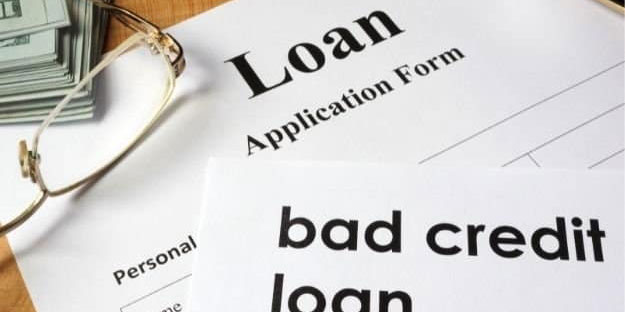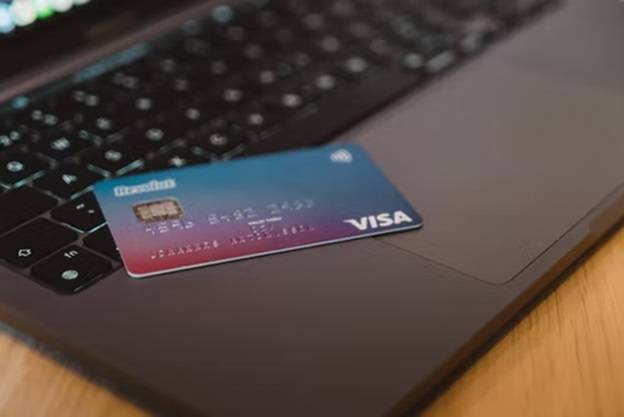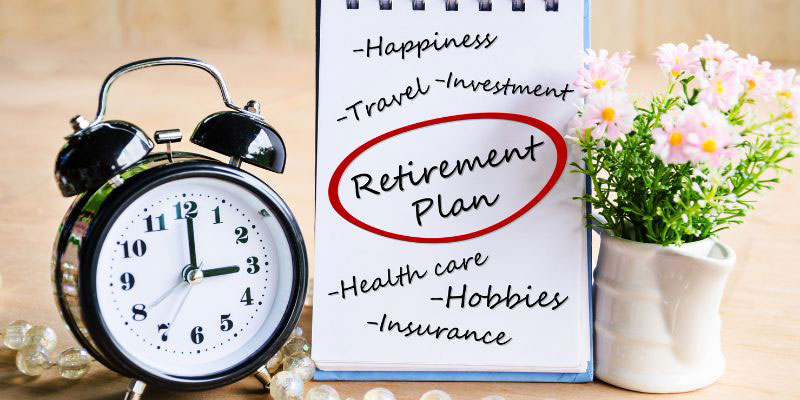
The term "bad credit" is usually described as a credit history with multiple issues, including bankruptcy records, late payments or collection accounts, as well as many other marks of negative. It's hard to assign a credit score for bad credit because different lenders evaluate credit differently and are willing to different types of borrowers. It's still possible to conclude that any negative item in your credit report could cause poor credit. Insufficient credit or poor credit history with some or two issues can result in lower credit scores.
Your credit score might not be as bad as you believe. If you're told your credit rating of yours is hurting your chances of receiving a loan, check your assertion by looking up the credit score. The report is free to U.S. consumers to receive an annual copy of their credit report from all three major credit bureaus.
Genuine issues may be present, but there may be errors in your client's credit reports. If you discover these, you can make a direct report to the credit bureaus. Then, they will investigate the claims and correct any mistakes that can be verified. In the event of correcting mistakes, your credit could increase significantly.
Visit Credit Unions
Look around for loans, including credit unions, in your search. These institutions might be willing to help you, even with poor credit. Credit unions tend to be smaller than corporate banks and are a social ethos. This means they might review your loan application individually and discuss it with you instead of simply looking at a credit score and other figures in the application for a loan. You may be better off sitting at the table with an individual who will better comprehend what you are looking for and its reasons.
Try Online Lenders
In addition, to the brick-and-mortar alternatives, discover the online lenders that they have to provide:
P2P lending services
Instead of borrowing directly from banks, you can take out loans from people who can fund your loan. They might be more inclined than local banks to accept risks; however, they're trying to lose their cash. The majority of them submit their information to credit bureaus, too.
Marketplace lenders
The non-bank lenders have different risk preferences and utilize inventive methods to determine your creditworthiness. In turn, they might be willing to accept you with fewer credit scores. They obtain the funds through P2P lenders, as well as others.

Tap Friends and Family
Most P2P lending websites allow borrowers to borrow from people who are not their friends. If your credit score isn't great, then your family and friends might be your only option. They are familiar with you and may offer to help you with your requirements. If you choose to take this route, make sure to do it in a secure way for everyone: Make sure you record the loan's conditions on paper and think about hiring a third party to manage the payments.
If your family and friends aren't able to or can't provide funds, they could be able to assist if they're creditworthy and can assist you in getting a loan by being co-signers. This is risky for them; however, it restricts their borrowing capacity till the time the loan has been paid back. If you do not pay back the loan, they'll be required to repay it, and the loan appears on their credit report.
Use Collateral
If you're experiencing difficulty getting accepted, you might need to secure collateral. The lender will know that you're serious by offering something worth it. Additionally, lenders stand a higher likelihood of obtaining the loan as they will be able to buy your collateral and later sell it. Cash-secured loans, as well as home equity loans, are two varieties of loans that require collateral.
Be cautious when you pledge collateral. If you own some equity on your property, you could borrow against it; however, the risk is significant. If you cannot pay all your payments and you are removed from your house in foreclosure, which could make a difficult circumstance even direr.

Borrower Beware
Some lenders will take advantage of the situation when you're in a slump. They target those who need to borrow and know they have a limited number of alternatives. These lenders charge huge costs and make it almost impossible to get yourself out of financial debt. If you take out loans at high rates through payday loans, car title loans, or any lender claiming to "approve everybody," you could make things worse in addition to the possibility of repossession of your car if you take your vehicle as collateral.











